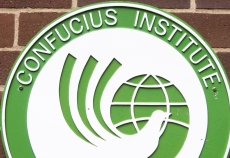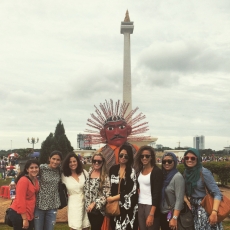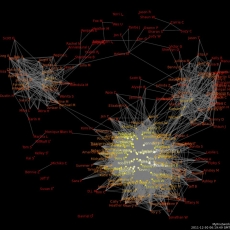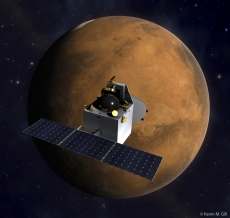The CPD Blog is intended to stimulate dialog among scholars and practitioners from around the world in the public diplomacy sphere. The opinions represented here are the authors' own and do not necessarily reflect CPD's views. For blogger guidelines, click here.

Twitter may be leveling the diplomatic playing field.

A review of Outpost: Life on the Frontlines of American Diplomacy by Christopher R. Hill.

Falk Hartig questions China's latest plan for their Confucius Institutes.

The first in a series of blog posts from the MPD delegation in Indonesia.

Some ideas on keeping international exchange thriving.

Philip Seib reviews Nye's latest book on American soft power.

Ali Fisher on how data scientists and public diplomats can work better together.

Insight into a communications trick of the trade from UNDP's Stanislav Saling.
Pages
Visit CPD's Online Library
Explore CPD's vast online database featuring the latest books, articles, speeches and information on international organizations dedicated to public diplomacy.
POPULAR ARTICLES
-
January 29
-
January 20
-
January 28
-
January 2
-
January 8
Featured Blogger
Join the Conversation
Interested in contributing to the CPD Blog? We welcome your posts. Read our guidelines and find out how you can submit blogs and photo essays >.








